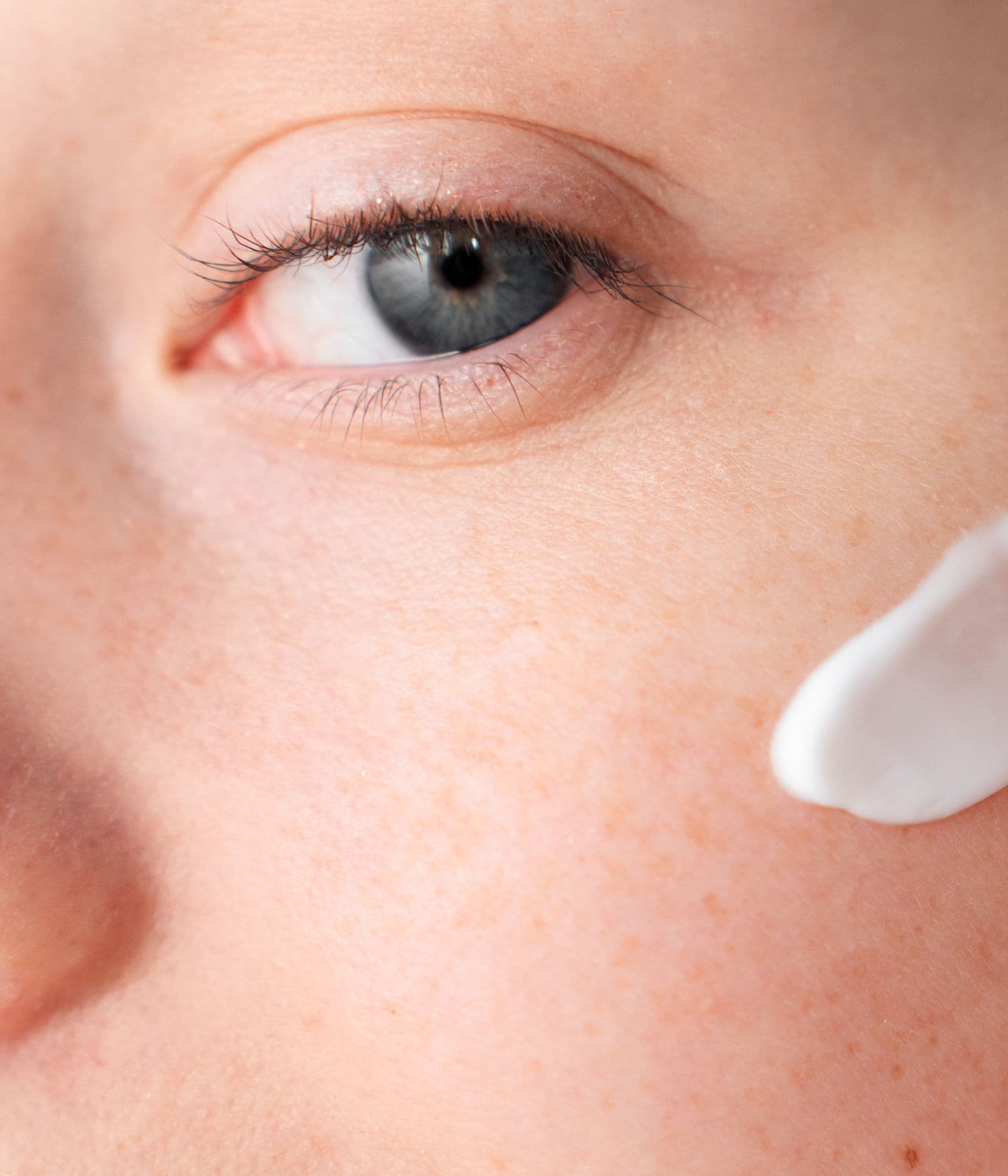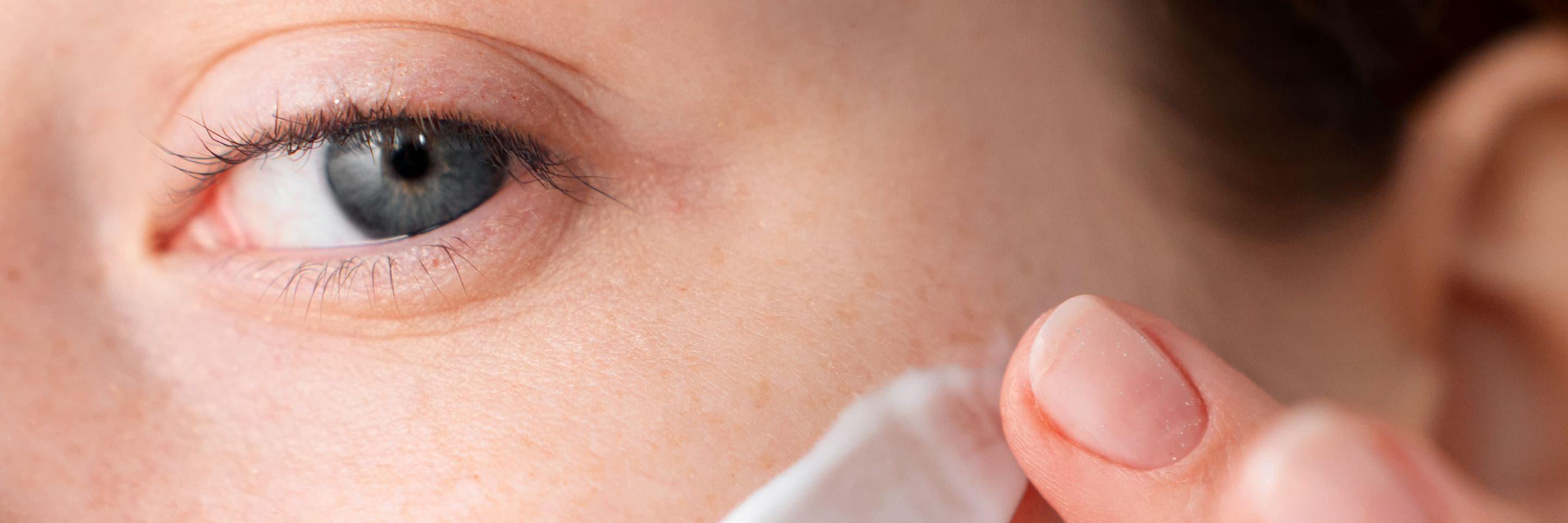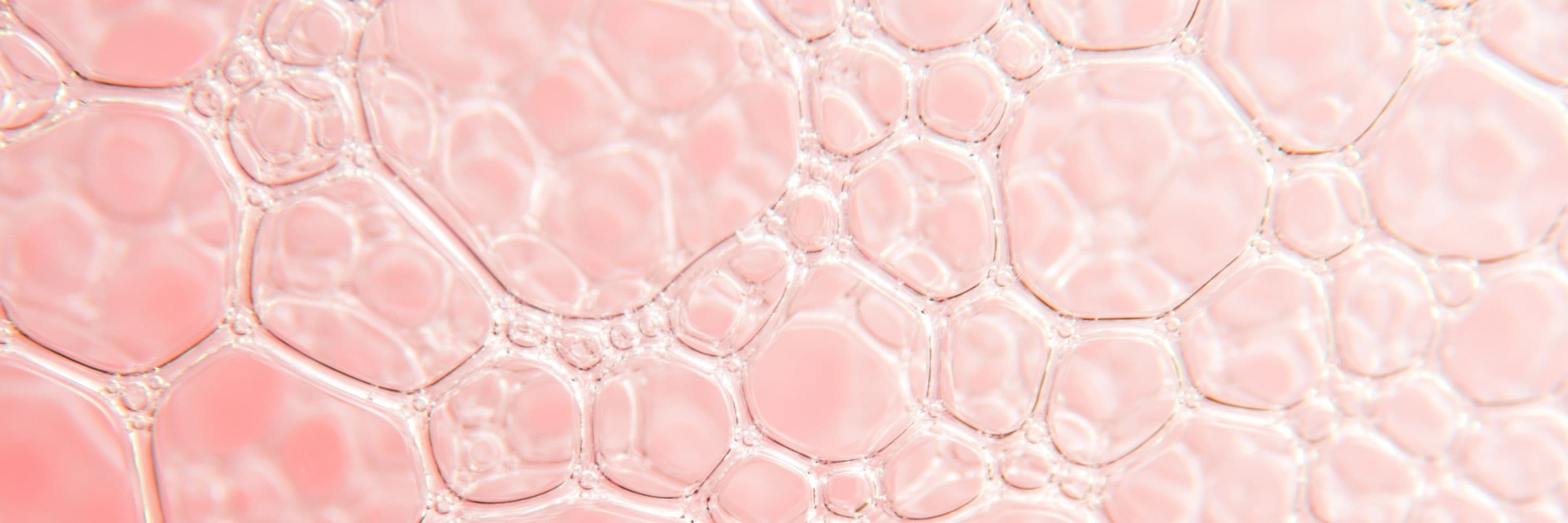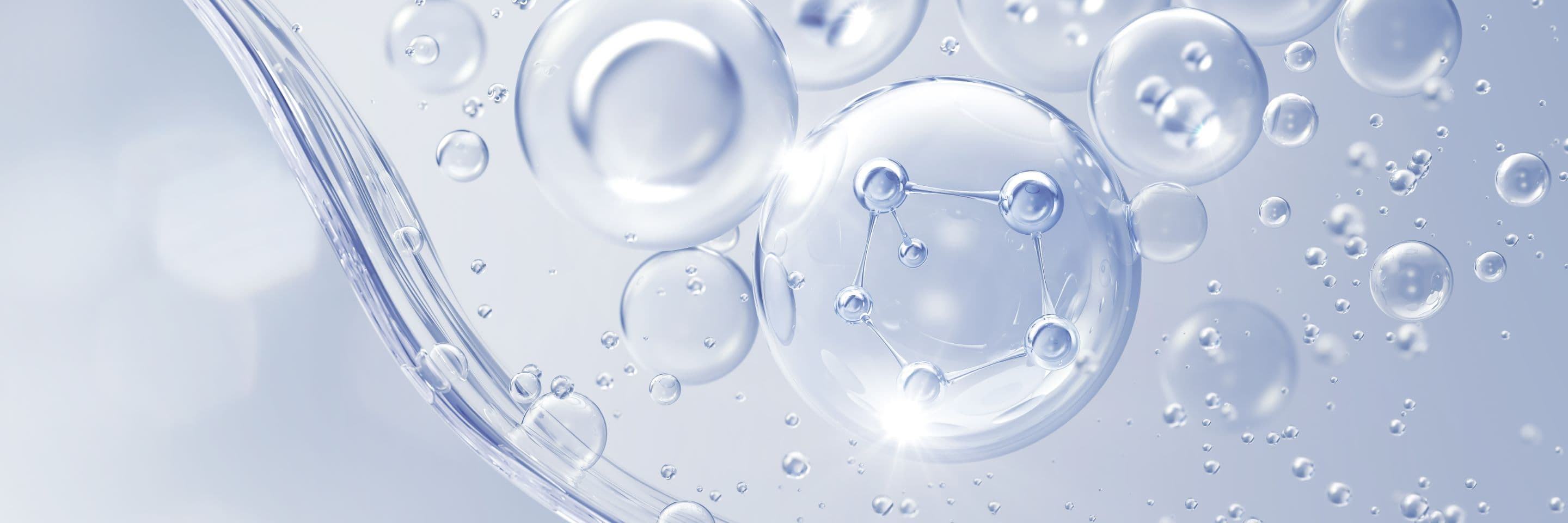Restore Your Skin's Glow: Beat Dehydration
SJ Riviera
September 03, 2024


Dehydrated skin can leave you feeling parched, tight, and looking dull. It's a common skin concern that can be caused by various factors, including environmental conditions, lifestyle habits, and underlying health issues. Here at MyRevea, we recognize these signs of dehydrated skin and taking appropriate steps to address it can help you restore your skin's natural glow and vitality. Our expert team of leading dermatologists can provide personalized recommendations and guidance to help you achieve your skincare goals.
Signs of Dehydrated Skin
Dehydrated skin can manifest in various ways, but common signs include dryness, dullness, flaking, fine lines and wrinkles, loss of elasticity, and increased sensitivity. Here are the signs that your skin is dry:
Dryness: The most obvious sign of dehydrated skin is dryness, often accompanied by a feeling of tightness or roughness.
Dullness: Dehydrated skin can appear lackluster and lifeless, lacking its usual radiance.
Flaking: Dry, flaky patches may develop on the skin's surface.
Fine lines and wrinkles: Dehydration can accentuate the appearance of fine lines and wrinkles.
Loss of elasticity: Skin may feel less firm and elastic.
Increased sensitivity: Dehydrated skin can be more prone to irritation and sensitivity.
Causes of Dehydrated Skin
There are several causes as to why skin gets dehydrated. Dehydration can be caused by a variety of factors, including environmental conditions, lifestyle habits, and underlying health issues. Here are some of the factors that causes skin dehydration:
Environmental factors: Exposure to dry air, cold weather, and excessive sun exposure can contribute to dehydrated skin.
Lifestyle habits: Dehydration can be caused by inadequate water intake, excessive caffeine or alcohol consumption, and lack of sleep.
Skincare products: Using harsh or drying skincare products can strip the skin of its natural moisture.
Underlying health conditions: Certain medical conditions, such as thyroid disorders or skin diseases, can affect skin hydration.
Hydrating Skincare Routine
A hydrating skincare routine is essential for quenching your skin's thirst and restoring its natural glow. Here are some tips on how you can improve your dehydrated skin:
Gentle cleansing: Use a mild, hydrating cleanser that won't strip your skin of its natural oils.
Hydrating toner: Apply a toner formulated for dehydrated skin to balance your skin's pH and prep it for moisturiser.
Hyaluronic acid: This powerful humectant draws moisture into the skin, helping to plump and hydrate.
Moisturiser: Choose a moisturiser that is specifically designed for dehydrated skin. MyRevea developed a skin restoring moisturiser that delivers essential hydration to comfort and restore your skin barrier.
Avoid harsh ingredients: Steer clear of products containing alcohol, fragrances, and harsh exfoliants.
Lifestyle Tips for Hydrated Skin
Having dehydrated skin requires an improvement when it comes to your lifestyle. Here are some tips to keep your skin hydrated:
Drink plenty of water: Aim to drink at least 8 glasses of water per day to stay hydrated from the inside out.
Limit caffeine and alcohol: Excessive caffeine and alcohol consumption can dehydrate your body.
Moisturize your environment: Use a humidifier to add moisture to the air, especially during dry seasons.
Protect your skin: Wear a broad-spectrum sunscreen to protect your skin from the sun's harmful rays.
Get enough sleep: Adequate sleep is essential for overall health, including skin hydration.
When to See a Dermatologist
If your skin remains dehydrated despite following these tips, or if you experience other concerning symptoms, it's advisable to consult a dermatologist for a proper evaluation. They can rule out any underlying medical conditions and recommend appropriate treatment options. MyRevea offers a comprehensive 1:1 skin assessment developed by leading dermatologists and scientists. Get your free skin assessment today!
By understanding the signs of dehydrated skin, implementing a hydrating skincare routine, and making necessary lifestyle changes, you can effectively quench your skin's thirst and restore its natural radiance. Remember, consistent care and attention are key to achieving healthy, hydrated skin.


